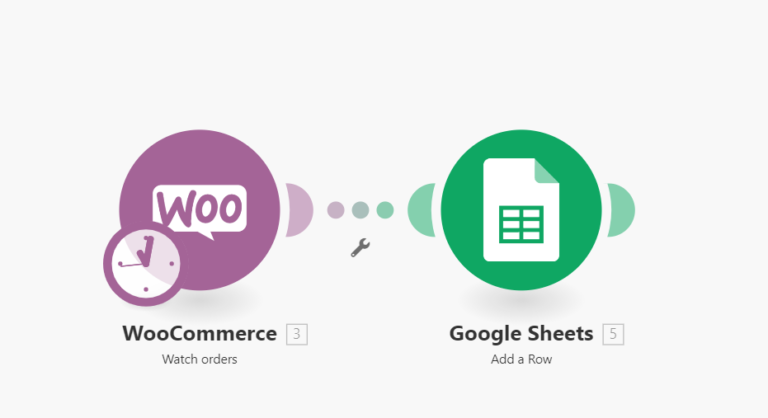15 Proven Ways to Protect Your WordPress Website from Hackers
You may be wondering why you should care about protecting your WordPress website from hackers. The answer is that if it’s not done, you could end up losing all of the content and data on your site.
This blog post will outline seven proven strategies to help protect against this widespread threat.
Don’t use outdated plugins.
If you are using a plugin that is no longer supported, it will be vulnerable to hackers, and they could steal your data without even having access to the site’s backend code! It can also lead to other vulnerabilities on WordPress sites if there has been an update for its dependencies.
Use 2factor Authentication for your website.
If you have a WordPress site, it is essential to use two-factor authentication. It will help protect your website from hackers who try and break in by guessing passwords or using brute force methods like SQL injections on the login page of any outdated plugins, for example. It would help if you also considered changing passwords often.
Have a strong password for your WordPress website login and hosting account
Use a strong password for the WordPress login page (and hosting account). It’s crucial that the user has an extremely difficult-to-use but easy rememberable username/password combination when logging in. This helps prevent attackers from trying brute force attacks with SQL injection tools against outdated plugin versions, which may have vulnerabilities.
Also, it would be advisable not to store sensitive data within wordpress database tables if possible by keeping them outside of the tmpe0f1d2_posts table etc. The more layers one can put between themselves & their valuable information stored inside
Change Default WordPress Login Page URL
It is crucial to change the default WordPress login page URL. This will help protect you from hackers who try brute force methods like SQL injections on your website’s backend or guessing passwords
Avoid using Nulled Plugins / GPL Plugins
It is essential to avoid using nulled plugins or GPL (General Public License) Plugins. These are often hacked and contain malicious code that can compromise your website’s security. It’s also good practice to avoid nullified, but all WordPress plugin downloads from unknown sources outside official wordPress repositories because they may contain malicious code that could compromise security on an otherwise secure site.
Regularly check your website for malware and phishing.
Regularly check your website for malware and phishing. It is an excellent practice to do on an ongoing basis to protect against hackers who may have installed malicious code that could compromise security, such as trojans or keyloggers
Backup Your Site Regularly To Protect Your Site
Backing up your website’s files & database periodically helps to restore in case of a disaster. Also include backing up your site to an off-site location, such as a cloud service or external hard drive. Various plugins help you to backup your site and restore it.
Limit Login Attempt To Your Website
Limit the number of login attempts to your website. It will help protect against brute force attacks, where hackers try different passwords until they find a match Install plugins that can detect and block potential threats from gaining access into WordPress websites such as malware or phishing sites
Having a good hosting provider for protecting your site
Use A Good Hosting Provider To Protect Your Site From Hackers: There are many hosting providers on the market, but not all of them provide good service and security for your site against hackers or other threats that may compromise its safety.
Get Rid of Spam Comments
Getting rid of spam comments to protect your website is one of the best things you can do. You may have to moderate your comments for a few days, but it will be worth getting rid of all spam on the WordPress website
Don’t use abandoned plugins on your site
Don’t use abandoned plugins on your site: If you have a plugin that is no longer being updated, it’s time to find an alternative.
If the developer doesn’t release updates for their WordPress Plugin or Theme anymore, then they are exposing all of its users and sites using this software to potential security risks such as vulnerabilities in code
Use Always Updated Theme
Constantly update your active theme. Themes are often updated to fix security vulnerabilities, so you must stay up-to-date with your theme.
Update Outdated Plugin Bundled with The Theme
Outdated Revolution Slider can get you hacked if it’s bundled in the theme and not updated regularly; an outdated WP Bakery Builder plugin could also lead to a hacker gaining access to overall content on the WordPress website, so make sure that they are always up-to
Disallow file editing
Disallow file editing to protect your site from hacking. This is an excellent way for hackers and spammers alike. It allows them access into the WordPress dashboard with administrator privileges to do anything that you have permission to!
Protect Your website against DDOS attacks
Protect your website against DDOS attacks by using a CDN service such as Cloudflare. This will help prevent any DDoS attack from slowing down the site and crashing it, which could be devastating for businesses who rely on their WordPress sites being up at all times!
Bonus Tip: Use SSL To Encrypt Your Site Data
Enable SSL on your site to encrypt data. This will make it much more difficult for hackers to access your website and steal any sensitive information you may have stored on there, such as credit card numbers or usernames/passwords.
Signup for WordPress Care Plans To Protect Your Site
You can sign up for our wordpress maintenance service to protect your site.
We offer a variety of plans to suit different needs, and we work with you on an individual basis so that the WordPress Care plan is tailored for what best suits YOUR website’s specific requirements!
When needed, we also provide emergency support – if there are any issues or problems in need urgent attention, please contact us straight away.






